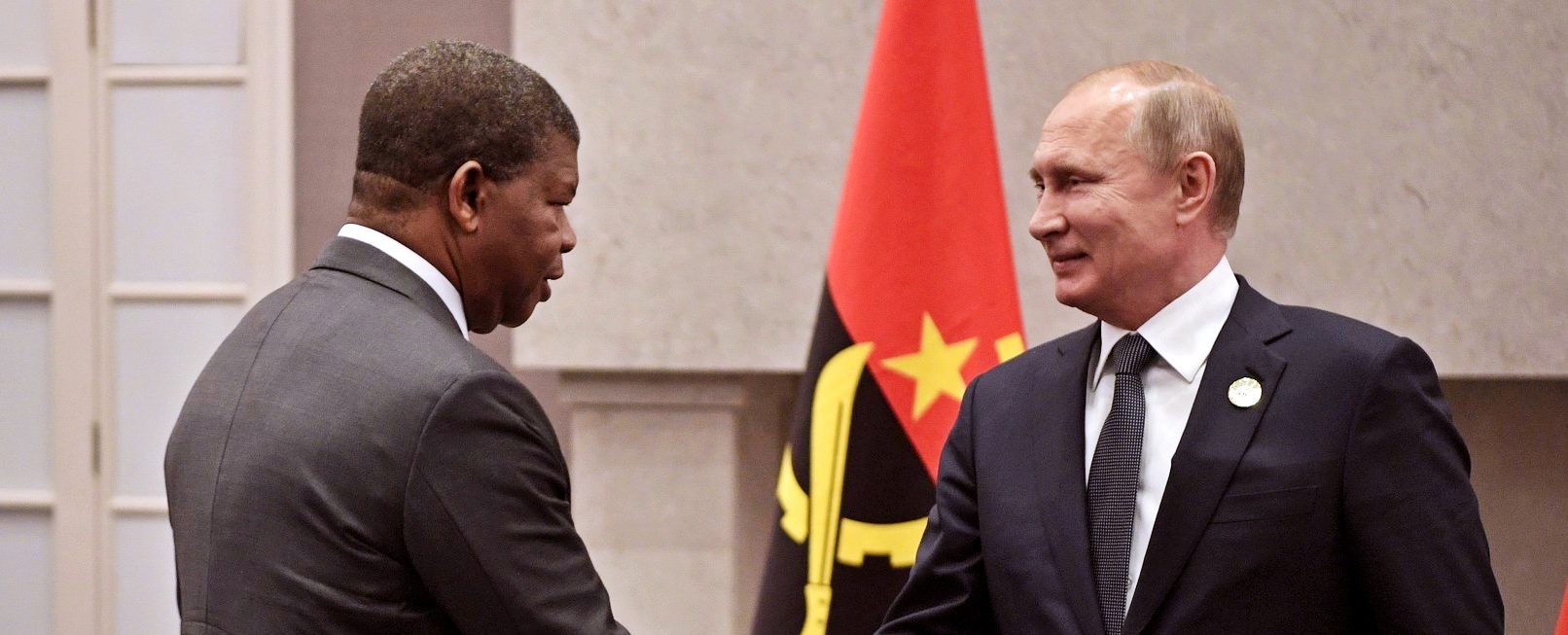By Joseph Siegle
February 2, 2022
To understand Russia’s engagements in Africa, it is necessary to be clear that the “partnerships” that Russia seeks are not state- but elite-based.

(Photo: Kremlin.ru)
Russia has been aggressively pursuing its strategic objectives in Africa in recent years—securing a foothold in the eastern Mediterranean, gaining naval port access in the Red Sea, expanding natural resource extraction opportunities, displacing Western influence, and promoting alternatives to democracy as a regional norm.
Africa, thus, is a “theater” for Russia’s geostrategic interests rather than a destination itself—a perspective reflected in the means that Russia employs. Unlike most major external partners, Russia is not investing significantly in conventional statecraft in Africa—e.g., economic investment, trade, and security assistance. Rather, Russia relies on a series of asymmetric (and often extralegal) measures for influence—mercenaries, arms-for-resource deals, opaque contracts, election interference, and disinformation.
